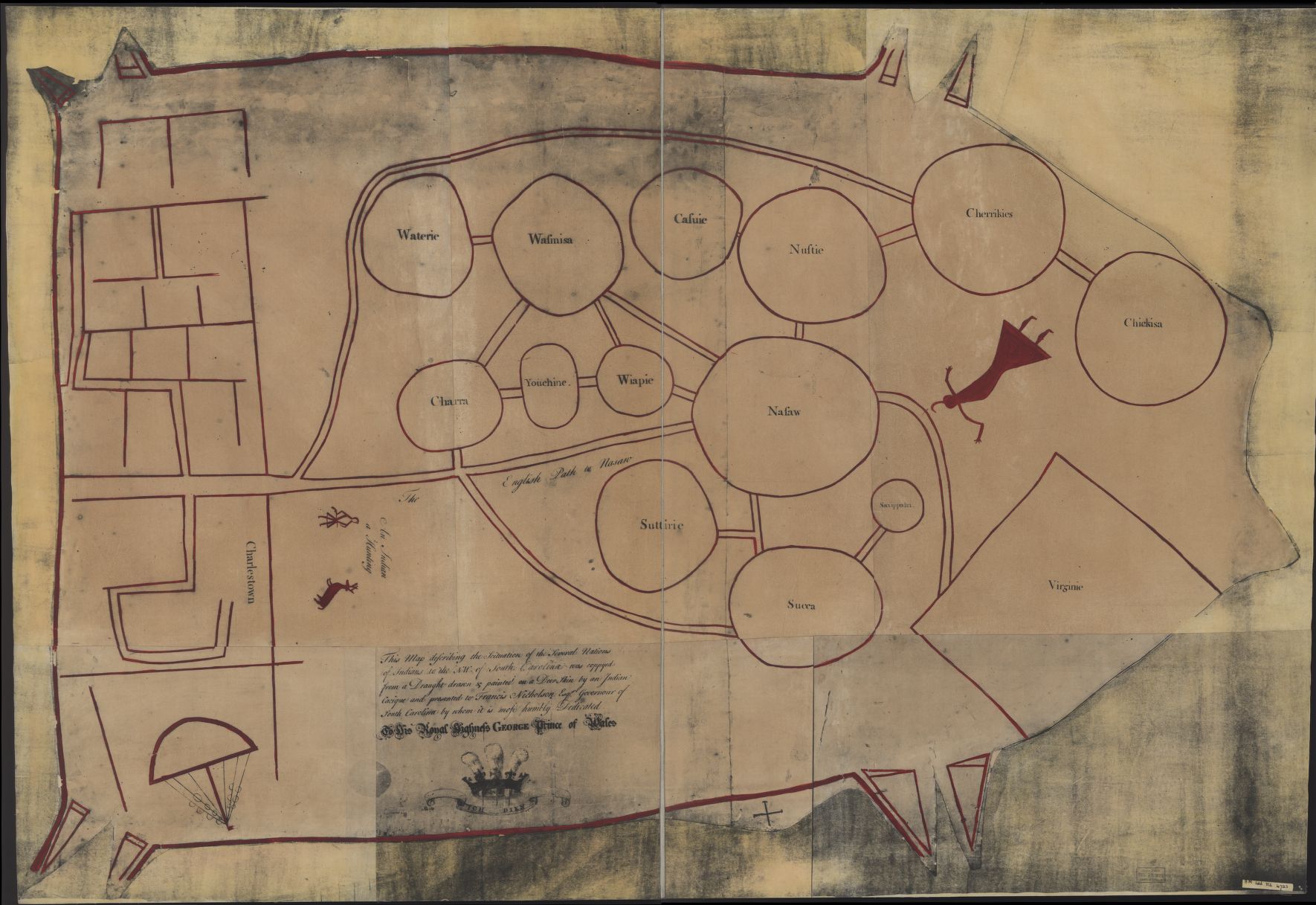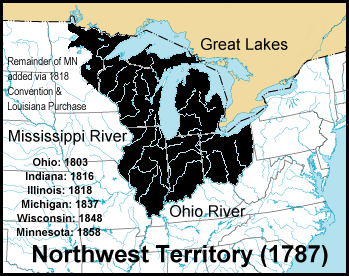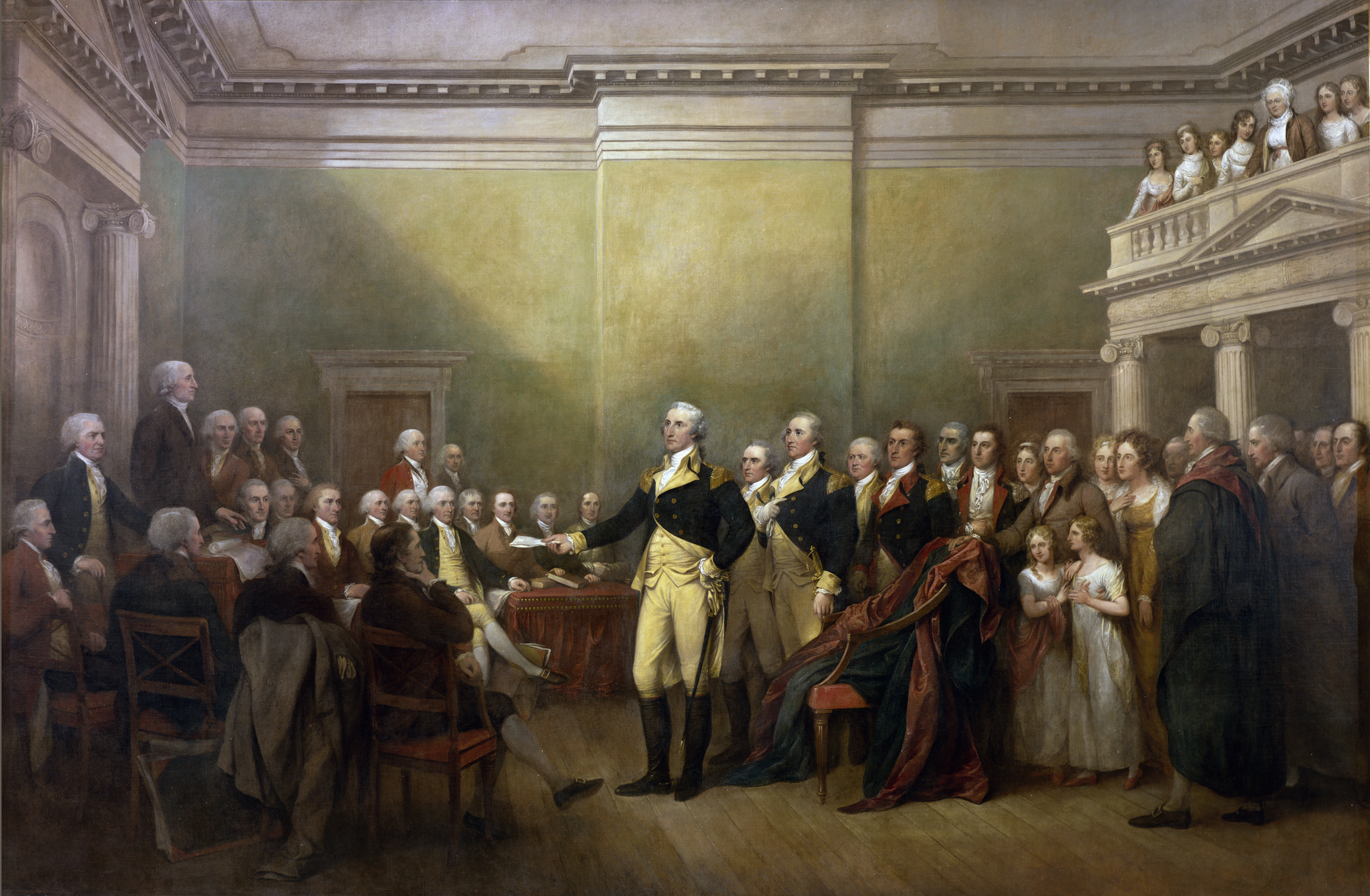|
Removal Treaty
Indian removal was the United States government policy of forced displacement of self-governing tribes of Native Americans from their ancestral homelands in the eastern United States to lands west of the Mississippi Riverspecifically, to a designated Indian Territory (roughly, present-day Oklahoma). The Indian Removal Act, the key law which authorized the removal of Native tribes, was signed by Andrew Jackson in 1830. Although Jackson took a hard line on Indian removal, the law was enforced primarily during the Martin Van Buren administration. After the passage of the Indian Removal Act in 1830, approximately 60,000 members of the Cherokee, Muscogee (Creek), Seminole, Chickasaw, and Choctaw nations (including thousands of their black slaves) were forcibly removed from their ancestral homelands, with thousands dying during the Trail of Tears. Indian removal, a popular policy among incoming settlers, was a consequence of actions by European settlers in North America ... [...More Info...] [...Related Items...] OR: [Wikipedia] [Google] [Baidu] |
Native Americans In The United States
Native Americans, also known as American Indians, First Americans, Indigenous Americans, and other terms, are the Indigenous peoples of the mainland United States ( Indigenous peoples of Hawaii, Alaska and territories of the United States are generally known by other terms). There are 574 federally recognized tribes living within the US, about half of which are associated with Indian reservations. As defined by the United States Census, "Native Americans" are Indigenous tribes that are originally from the contiguous United States, along with Alaska Natives. Indigenous peoples of the United States who are not listed as American Indian or Alaska Native include Native Hawaiians, Samoan Americans, and the Chamorro people. The US Census groups these peoples as " Native Hawaiian and other Pacific Islanders". European colonization of the Americas, which began in 1492, resulted in a precipitous decline in Native American population because of new diseases, wars, ethni ... [...More Info...] [...Related Items...] OR: [Wikipedia] [Google] [Baidu] |
Chickasaw
The Chickasaw ( ) are an indigenous people of the Southeastern Woodlands. Their traditional territory was in the Southeastern United States of Mississippi, Alabama, and Tennessee as well in southwestern Kentucky. Their language is classified as a member of the Muskogean language family. In the present day, they are organized as the Federally recognized tribe, federally recognized Chickasaw Nation. Chickasaw people have a migration story in which they moved from a land west of the Mississippi River, where they settled mostly in present-day northeast Mississippi, northwest Alabama, and into Lawrence County, Tennessee. They had interaction with French, English, and Spanish colonists during the Colonial history of the United States, colonial period. The United States considered the Chickasaw one of the Five Civilized Tribes of the Southeast, as they adopted numerous practices of European Americans. Resisting European-American settlers encroaching on their territory, they were force ... [...More Info...] [...Related Items...] OR: [Wikipedia] [Google] [Baidu] |
Northwest Ordinance
The Northwest Ordinance (formally An Ordinance for the Government of the Territory of the United States, North-West of the River Ohio and also known as the Ordinance of 1787), enacted July 13, 1787, was an organic act of the Congress of the Confederation of the United States. It created the Northwest Territory, the new nation's first organized incorporated territory, from lands beyond the Appalachian Mountains, between British North America and the Great Lakes to the north and the Ohio River to the south. The upper Mississippi River formed the territory's western boundary. Pennsylvania was the eastern boundary. In the 1783 Treaty of Paris, which formally ended the American Revolutionary War, Great Britain yielded the region to the United States. However, the Confederation Congress faced numerous problems gaining control of the land such as the unsanctioned movement of American settlers into the Ohio Valley; violent confrontations with the region's indigenous peoples; the on ... [...More Info...] [...Related Items...] OR: [Wikipedia] [Google] [Baidu] |
Congress Of The Confederation
The Congress of the Confederation, or the Confederation Congress, formally referred to as the United States in Congress Assembled, was the governing body of the United States of America during the Confederation period, March 1, 1781 – March 4, 1789. A unicameral body with legislative and executive function, it was composed of delegates appointed by the legislatures of the several states. Each state delegation had one vote. It was preceded by the Second Continental Congress (1775–1781) and was created by the Articles of Confederation and Perpetual Union in 1781. The Congress continued to refer itself as the Continental Congress throughout its eight-year history, although modern historians separate it from the two earlier congresses, which operated under slightly different rules and procedures until the later part of American Revolutionary War. The membership of the Second Continental Congress automatically carried over to the Congress of the Confederation when the latte ... [...More Info...] [...Related Items...] OR: [Wikipedia] [Google] [Baidu] |
Iroquois
The Iroquois ( or ), officially the Haudenosaunee ( meaning "people of the longhouse"), are an Iroquoian-speaking confederacy of First Nations peoples in northeast North America/ Turtle Island. They were known during the colonial years to the French as the Iroquois League, and later as the Iroquois Confederacy. The English called them the Five Nations, comprising the Mohawk, Oneida, Onondaga, Cayuga, and Seneca (listed geographically from east to west). After 1722, the Iroquoian-speaking Tuscarora people from the southeast were accepted into the confederacy, which became known as the Six Nations. The Confederacy came about as a result of the Great Law of Peace, said to have been composed by Deganawidah the Great Peacemaker, Hiawatha, and Jigonsaseh the Mother of Nations. For nearly 200 years, the Six Nations/Haudenosaunee Confederacy were a powerful factor in North American colonial policy, with some scholars arguing for the concept of the Middle Ground, in that Europe ... [...More Info...] [...Related Items...] OR: [Wikipedia] [Google] [Baidu] |
Benjamin Franklin
Benjamin Franklin ( April 17, 1790) was an American polymath who was active as a writer, scientist, inventor, statesman, diplomat, printer, publisher, and political philosopher. Encyclopædia Britannica, Wood, 2021 Among the leading intellectuals of his time, Franklin was one of the Founding Fathers of the United States, a drafter and signer of the United States Declaration of Independence, and the first United States Postmaster General. As a scientist, he was a major figure in the American Enlightenment and the history of physics for his studies of electricity, and for charting and naming the current still known as the Gulf Stream. As an inventor, he is known for the lightning rod, bifocals, and the Franklin stove, among others. He founded many civic organizations, including the Library Company, Philadelphia's first fire department, and the University of Pennsylvania. Isaacson, 2004, p. Franklin earned the title of "The First American" for his early and indefa ... [...More Info...] [...Related Items...] OR: [Wikipedia] [Google] [Baidu] |
Continental Congress
The Continental Congress was a series of legislative bodies, with some executive function, for thirteen of Britain's colonies in North America, and the newly declared United States just before, during, and after the American Revolutionary War. The term "Continental Congress" most specifically refers to the First and Second Congresses of 1774–1781 and, at the time, was also used to refer to the Congress of the Confederation of 1781–1789, which operated as the first national government of the United States until being replaced under the Constitution of the United States. Thus, the term covers the three congressional bodies of the Thirteen Colonies and the new United States that met between 1774 and 1789. The First Continental Congress was called in 1774 in response to growing tensions between the colonies culminating in the passage of the Intolerable Acts by the British Parliament. It met for about six weeks and sought to repair the fraying relationship between Britain and t ... [...More Info...] [...Related Items...] OR: [Wikipedia] [Google] [Baidu] |
United States Declaration Of Independence
The United States Declaration of Independence, formally The unanimous Declaration of the thirteen States of America, is the pronouncement and founding document adopted by the Second Continental Congress meeting at Pennsylvania State House (later renamed Independence Hall) in Philadelphia, Pennsylvania, on July 4, 1776. Enacted during the American Revolution, the Declaration explains why the Thirteen Colonies at war with the Kingdom of Great Britain regarded themselves as thirteen independent sovereign states, no longer subject to British colonial rule. With the Declaration, these new states took a collective first step in forming the United States of America and, de facto, formalized the American Revolutionary War, which had been ongoing since April 1775. The Declaration of Independence was signed by 56 of America's Founding Fathers, congressional representatives from New Hampshire, Massachusetts Bay, Rhode Island and Providence Plantations, Connecticut, New York, New Jer ... [...More Info...] [...Related Items...] OR: [Wikipedia] [Google] [Baidu] |
Paternalism
Paternalism is action that limits a person's or group's liberty or autonomy and is intended to promote their own good. Paternalism can also imply that the behavior is against or regardless of the will of a person, or also that the behavior expresses an attitude of superiority. Paternalism, paternalistic and paternalist have all been used as a pejorative for example in the context of societal and/or political realms and references. Some such as John Stuart Mill think paternalism to be appropriate towards children, saying: Paternalism towards adults is sometimes thought of as treating them as if they were children. Etymology The word ''paternalism'' derives from the adjective ''paternal'', which entered the English language in the 15th century from Old French ''paternel'' (cf. Old Occitan ''paternal'', as in Catalan, Spanish and Portuguese), itself from Medieval Latin ''paternalis''. The classical Latin equivalent was ''paternus'' "fatherly", from ''pater'' "father". Types ... [...More Info...] [...Related Items...] OR: [Wikipedia] [Google] [Baidu] |
Manifest Destiny
Manifest destiny was a cultural belief in the 19th century in the United States, 19th-century United States that American settlers were destined to expand across North America. There were three basic tenets to the concept: * The special virtues of the American people and their institutions * The mission of the United States to redeem and remake the Western United States, West in the image of the History of agrarianism#United States, agrarian Eastern United States, East * An irresistible destiny to accomplish this essential duty Historians have emphasized that "manifest destiny" was always contested; many endorsed the idea, but the large majority of Whig Party (United States), Whigs and many prominent Americans (such as Abraham Lincoln and Ulysses S. Grant) rejected the concept. Historian Daniel Walker Howe writes, "American imperialism did not represent an American consensus; it provoked bitter dissent within the national polity while the ''Whigs'' saw America's moral missio ... [...More Info...] [...Related Items...] OR: [Wikipedia] [Google] [Baidu] |
James Monroe
James Monroe ( ; April 28, 1758July 4, 1831) was an American statesman, lawyer, diplomat, and Founding Father who served as the fifth president of the United States from 1817 to 1825. A member of the Democratic-Republican Party, Monroe was the last president of the Virginia dynasty and the Republican Generation; his presidency coincided with the Era of Good Feelings, concluding the First Party System era of American politics. He is perhaps best known for issuing the Monroe Doctrine, a policy of opposing European colonialism in the Americas while effectively asserting U.S. dominance, empire, and hegemony in the hemisphere. He also served as governor of Virginia, a member of the United States Senate, U.S. ambassador to France and Britain, the seventh Secretary of State, and the eighth Secretary of War. Born into a slave-owning planter family in Westmoreland County, Virginia, Monroe served in the Continental Army during the American Revolutionary War. After studying law u ... [...More Info...] [...Related Items...] OR: [Wikipedia] [Google] [Baidu] |
Territorial Evolution Of The United States
The United States of America was created on July 4, 1776, with the U.S. Declaration of Independence of thirteen British colonies in North America. In the Lee Resolution two days prior, the colonies resolved that they were free and independent states. The union was formalized in the Articles of Confederation, which Coming into force, came into force on March 1, 1781, after being ratified by all 13 states. Their independence was recognized by Kingdom of Great Britain, Great Britain in the Treaty of Paris (1783), Treaty of Paris of 1783, which concluded the American Revolutionary War. This effectively doubled the size of the colonies, now able to stretch west past the Royal Proclamation of 1763, Proclamation Line to the Mississippi River. This land was organized into territories and then states, though there remained some conflict with the sea-to-sea grants claimed by some of the original colonies. In time, these grants were state cessions, ceded to the federal government. The fir ... [...More Info...] [...Related Items...] OR: [Wikipedia] [Google] [Baidu] |





(cropped).jpg)

.jpg)

